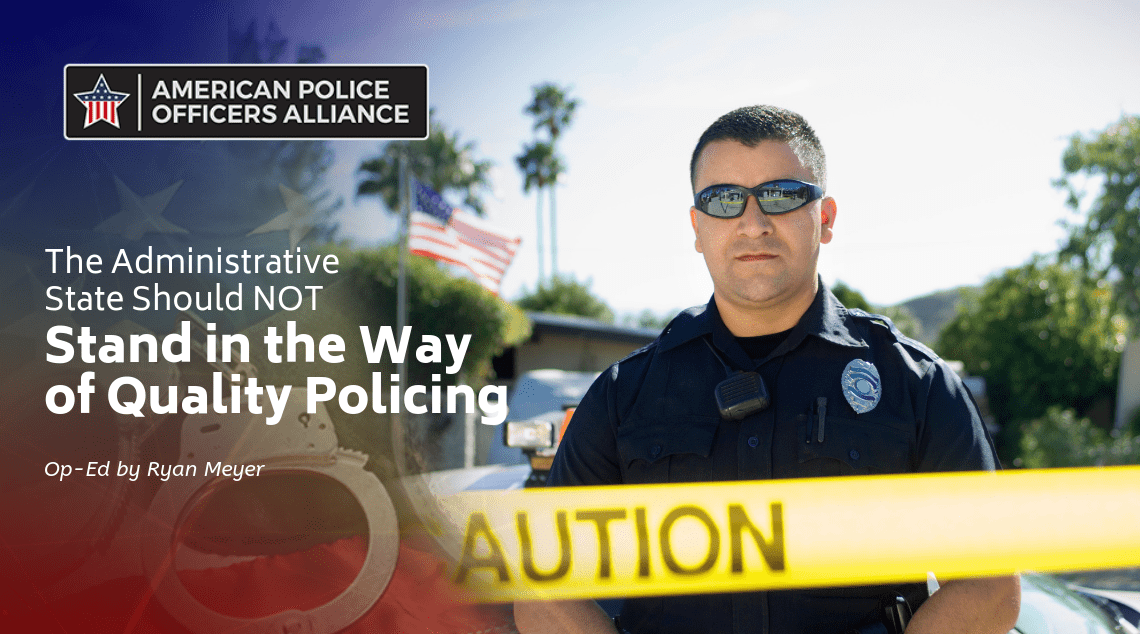By Ryan Meyer
The debate in regards to how law enforcement interacts with the community as a whole still remains. Interactions with police became a political football game in 2014. This is where the Ferguson riots occurred after officer Darren Wilson shot Michael Brown. The debate over law enforcement interaction became magnified after the media portrayed that law enforcement is out to murder young African American men. This narrative has had adverse effects on how law enforcement is able to complete and solve cases. Three professors from the University of Louisville wrote a scholarly article in 2016 describing how the Ferguson incident has caused legitimacy issues for law enforcement nationwide.
One aftermath of the Ferguson tragedy is the increasing amount of administrative work that law enforcement officers have to deal with on a daily basis. Police officers in large cities such as Milwaukee, Minneapolis, Philadelphia, and everywhere in between are not immune to the administrative state.
Dan O’Donnell of News Talk 1130 WISN in Milwaukee exclusively reported on the onerous administrative burden facing the Milwaukee Police Department on December 11, 2018. The American Civil Liberties Union filed suit against the Milwaukee Police Department in 2018 on behalf of six individuals. The lawsuit alleged that Milwaukee’s stop and frisk program is unconstitutional. The settlement agreement in the case Collins v. City of Milwaukee created a new implementation manual that imposed an increasing administrative burden on rank and file officers.
The new requirements that officers are required to log with every interaction are the following: demographic information about the person contacted, including race, gender, and age, address, date, time, narrative explaining the legal basis for the stop, and whether a frisk or search was conducted. If an officer engages in stop and frisk, the legal basis for the frisk/search, arid documentation of evidence or contraband recovered as also required in their reports.
The extra time needed for each officer to log each piece of information leads to the risk of increased overtime and more time spent behind a desk. One police officer told O’Donnell, “get ready for Milwaukee’s crime statistics to rise. It is hard to fight crime with so much red tape and oversight.”
The American Citizens Liberties Union (ACLU) has made the issue of ending stop and frisk priority number one,. Other large cities targeted by the ACLU have seen their administrative burdens increase as a result of settlements obtained by the organization. The City of Minneapolis launched an online data portal relating to traffic stops, Philadelphia had to create a database of all stop and frisk actions, and Chicago was required to publish reports to the community on stop and frisk actions. Milwaukee’s increasing administrative burden is not just their own.
Three of the four cities targeted by ACLU in stop and frisk lawsuits have some the highest rates of violent crime in the entire United States amongst larger cities. A 2018 report issued by CBS News found that Chicago was the 24th worst city for violent crime in the nation. Minneapolis was 23rd, while Milwaukee was the 8th worst overall, These crime rate statistics should be sobering for police officers in these three cities in which they are battling a double front war. One against the bad guys and another against an endless burden of paperwork and statistics. At some point officers will be frustrated by this increased administrative burden.
The increased administrative burden is an unintended consequence of lawsuits filed against police departments who are taking the initiative to fight violent crime and to make their cities more liveable. If we want to have more officers on the street fighting crimes, then we must ensure that police departments have the resources they need. More lawsuits mean more police officers buried by the endless burden of red tape.
Ryan Meyer is Board President of the American Police Officers Alliance, a national political organization fighting for the interests of America’s law enforcement officers.








